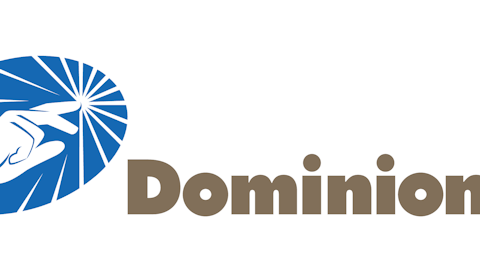Over the past several decades, there’s been a massive shift in the relationship between employers and employees. Rather than providing extensive benefits that leave the responsibility of figuring out how to cover costs squarely on employers’ shoulders, companies have sought ways to give their employees the ultimate decision-making authority on important financial matters that will affect them during their careers and beyond.

The latest round of corporate moves to shed responsibility for employees’ financial concerns involves retiree health insurance coverage. International Business Machines Corp. (NYSE:IBM) announced earlier this week that it will replace its company-sponsored health-plan coverage for 110,000 retired workers, instead paying retirees directly to buy their own coverage on health insurance exchanges. In International Business Machines Corp. (NYSE:IBM)’s case, retirees eligible for Medicare will have access to plans from Towers Watson & Co (NYSE:TW)‘s Extend Health exchange.
International Business Machines Corp. (NYSE:IBM) is far from the only company making similar moves. Caterpillar Inc. (NYSE:CAT) has been a client of the Extend Health service since 2009, while E I Du Pont De Nemours And Co (NYSE:DD) signed up at the beginning of the year. Under the Caterpillar Inc. (NYSE:CAT) program, retirees got $3,000 in health reimbursement accounts to offset the cost of supplemental Medicare plans, with any excess rolling over to future years. With more than 9,000 former workers eligible, Caterpillar Inc. (NYSE:CAT) believed the $27 million investment was worth making and would be cost-neutral or beneficial to most participants. E I Du Pont De Nemours And Co (NYSE:DD)’s arrangement is similar, with those with single coverage getting up to $1,400 from E I Du Pont De Nemours And Co (NYSE:DD) and couples getting $2,800 in an HRA to go toward health insurance premiums or health care costs. Towers Watson & Co (NYSE:TW) believes this trend will continue as companies decide that the best way to avoid closing plans entirely and continuing to offer insurance options to retirees will be through health exchanges like Extend Health.
The imminent establishment of health insurance exchanges under Obamacare could also contribute to the trend. So far, most companies have only changed coverage for those eligible for Medicare. For instance, last year General Electric Company (NYSE:GE) chose to end eligibility for its retiree health plans as of the beginning of 2015. But the move only affected the company’s post-age-65 medical coverage, with provisions to retain coverage for younger retirees and family members. With new Obamacare policy options available, however, companies might change their decision-making processes to make younger retirees go to exchanges for their coverage going forward.
The ongoing trend
Predictably, current and former employees have been critical of company moves to shift benefits, showing skepticism that the changes leave them no worse, or even better off, than before. Fool contributor Sean Williams notes that by giving retirees money to obtain their own insurance, companies let their former workers make their own choices about how much to spend and how comprehensive a policy to obtain. In some cases, that will lead to savings that leave retirees ahead in the bargain.




